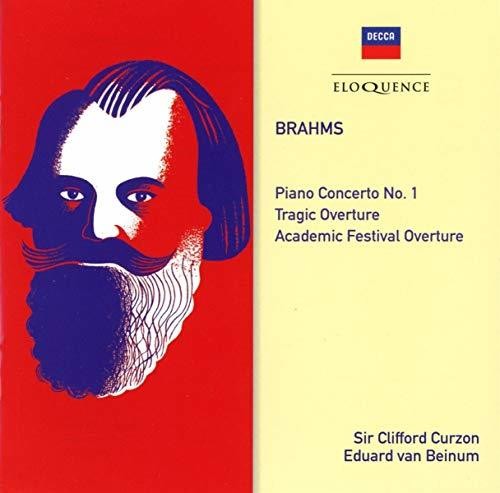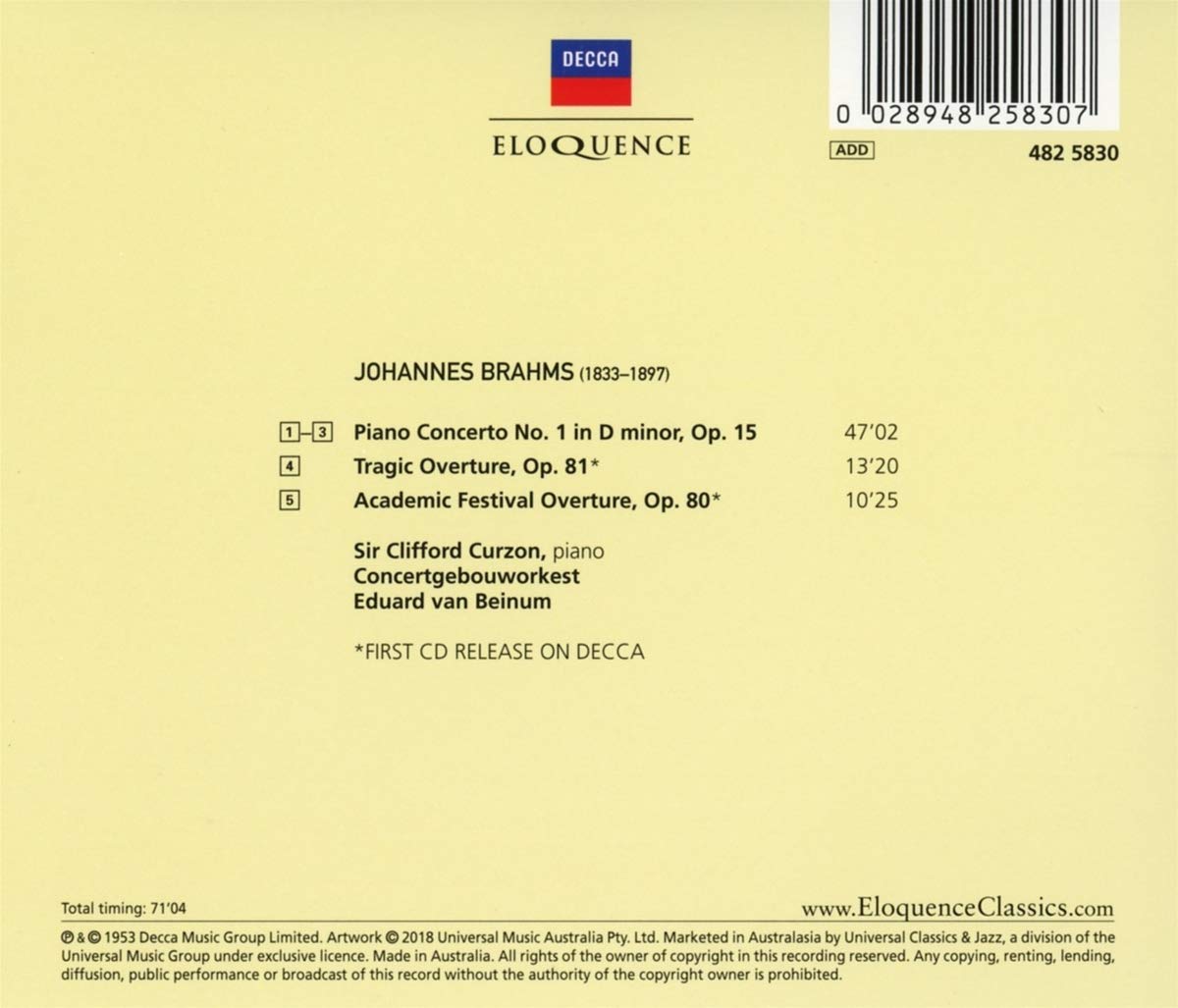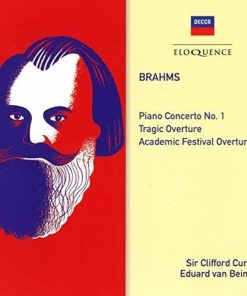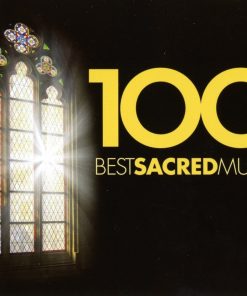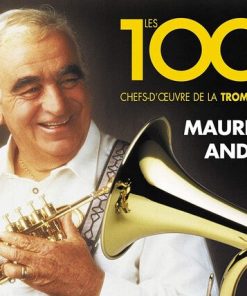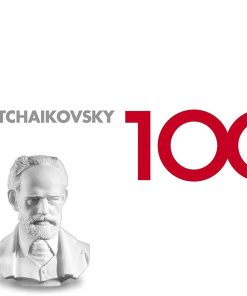BRAHMS: PIANO CONCERTO NO.1; TRAGIC OVERTURE; ACADEMIC FESTIVAL OVERTURE – CURZON, VAN BEINUM DECCA
$ 5,00 $ 3,00

Following his still-little-known first account with Enrique Jorda on the podium, and made nine years before his celebrated partnership with George Szell and the LSO, this is Clifford Curzon’s second recording for Decca of Brahms’s First Piano Concerto, a work which defined his reputation in the 1950s and early 60s as an imperious yet deeply introspective artist, just as his later work on Mozart with Benjamin Britten and Beethoven with Boulez revealed more spontaneously lyrical and less rigorous aspects to his pianism.
And for all that Curzon was renowned in this work for ‘revealing the inner soul of Brahms’ (Fanfare), his partnership with Eduard van Beinum never underplays the bold and craggy drama of the work, or the sense of it as a young man’s statement to the world, in terms of both Brahms the would-be symphonic composer and Brahms the fully-formed keyboard lion of his age.
The Concerto is complemented here by the two Brahms overtures which Van Beinum recorded in December 1952 for Decca (mono) and then again in 1958 in stereo for Philips (reissued on Eloquence 4429788). These earlier mono accounts are less familiar and more dynamically impetuous, but the relationship between orchestra and conductor in this music had already been forged by two Decca recordings of the First Symphony (in 1947 and 1951), and these performances share a proto-symphonic, rugged grandeur which is apt to the symphony. They were recorded as part of a month of sessions which took in the Haydn Variations as well as symphonies by Haydn and Schubert and En Saga and Tapiola of Sibelius, which have also been reissued as part of Eloquence’s ongoing revival of Van Beinum’s legacy on record. The Concerto recording from just six months later took place in sessions also supervised by the legendary Decca producer, John Culshaw.

‘Mr. Curzon offers a more relaxed, slower, warmer performance [than Serkin], adjectives that can be used also about Mr. van Beinum’s conception of the work. The orchestral sound is full and clearly defined, and Mr. Curzon’s solid tone stands out in admirable relief … The Adagio is superb in its delicacy, poignancy, and tragic implications, and the last movement, given a slower, more lyric treatment, seems less elephantine than it sometimes does. High Fidelity, June 1954 (Piano Concerto No.1)
‘Curzon/van Beinum score their points by verve and dexterity, a more persistent rubato, a sharper narrative [than Backhaus/Böhm] … Sound excellent … brighter and more detailed in Amsterdam.’ High Fidelity, December 1954 (Piano Concerto No.1)

Brahms: Piano Concerto No. 1 in D minor, Op. 15
Clifford Curzon (piano)
Royal Concertgebouw Orchestra
Eduard van Beinum
1. Maestoso – Poco più moderato
2. Adagio
3. Rondo (Allegro non troppo)
Brahms: Tragic Overture, Op. 81
Royal Concertgebouw Orchestra
Eduard van Beinum
Brahms: Academic Festival Overture, Op. 80
Royal Concertgebouw Orchestra
Eduard van Beinum
Fast Shipping and Professional Packing
Due to our longstanding partnership with UPS FedEx DHL and other leading international carriers, we are able to provide a range of shipping options. Our warehouse staff are highly trained to pack your goods exactly according to the specifications that we supply. Your goods will undergo a thorough examination and will be safely packaged prior to being sent out. Everyday we deliver hundreds of packages to our customers from all over the world. This is an indication of our dedication to being the largest online retailer worldwide. Warehouses and distribution centers can be located in Europe as well as the USA.
Orders with more than 1 item are assigned processing periods for each item.
Before shipment, all ordered products will be thoroughly inspected. Today, most orders will be shipped within 48 hours. The estimated delivery time is between 3-7 days.
Returns
The stock is constantly changing. It's not entirely managed by us since we are involved with multiple parties such as the factory and our storage. The actual stock can fluctuate at any time. Please understand it may happen that your order will be out of stock when the order is placed.
Our policy is valid for 30 days. If you haven't received your product within 30 days, we're not able to issue either a return or exchange.
You are able to return a product if it is unused and in the same condition when you received it. It must also still remain in the original packaging.
